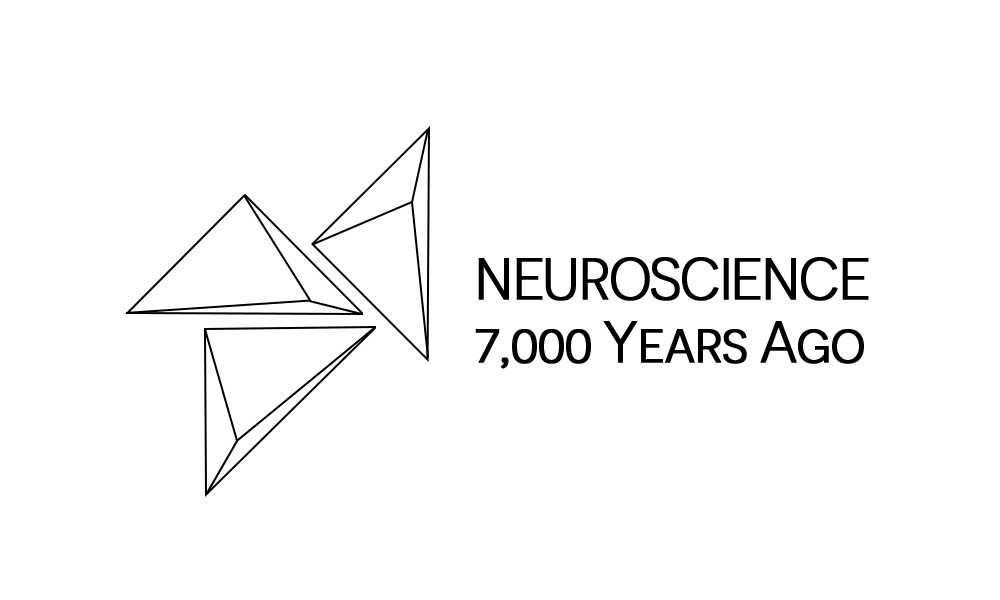
Mental Health Insights During Ancient Arab Civilization
The Arabic-Islamic world added much to earlier achievements in medicine. They fostered the flame of civilization, made it brighter and handed it over to Europe, which in turn passed it to the USA, and the cycle continues. 1,000 years ago, lslamic medicine was the most advanced in the world.
The concepts of mental health and mental hygiene were introduced by the Muslim physician Ahmed ibn Sahl al-Balkhi (850-934). His book, Sustenance for Body and Soul (in arabic: Masalih al-Abdan wa al-anfus), was the first book that discussed psychosomatic diseases with an emphasis on mind and body: “if the nafs (psyche) gets sick, the body may also find no joy in life with development of a physical illness” [1] and that’s is totally acceptable now a days.
Ahmed ibn Sahl al-Balkhi was a pioneer of psychotherapy, psychophysiology and psychosomatic medicine. He was the first one who recognized that the body (fever, headache) and the soul (anger, anxiety and sadness) can be healthy or sick or balanced or imbalanced. He recognized two types of depression:
- One caused by known causes (physiological reasons) that can be treated through physical medicine.
- Other caused by unknown reasons that can be treated psychologically [1].
Najab ud-din Muhamed (10th century) made careful observations of mentally ill patients with detailed descriptions of a number of mental diseases including agitated depression, neurosis, periapism and sexual impotence (Nafkhae Malikholia), psychosis (Kutrib) and
mania (Dual-Kulb) [2, 3].
Al-Balkhi and Muhamed ibn Zakariya Razi (Rhazes) were the first known physicians to describe psychotherapy. Razi’s books (El-Mansuri and Al-Hawi) formed landmarks for the description of mental illness in the 10th century and provided definitions, symptoms and treatments for problems related to mental health and mental illness. Razi was also the director of a unique psychiatric ward in a Baghdad hospital. Such psychiatric clinics did not exist in Europe during that time for fear of demonic possessions [3].
Ibn al-Haytham is considered to be the founder of the experimental psychology and psychophysics with his distinguished book on the psychology of visual perception, Book of Optics (Figure 1). Ibn al-Haytham was the first scientist to argue that vision occurs in the brain rather than the eyes in his Book of Optics (Edition III). Moreover, he pointed out that personal experience has an effect on what people see and how they see and that vision and perception are subjective feelings.

Al-Biruni was a pioneer in experimental psychology as he was the first person to describe empirically the concept of reaction time [4]: “Not only is every sensation attended by a corresponding change localized in the sense-organ, which demands a certain time, but also, between the stimulation of the organ and consciousness of the perception an interval of time must elapse, corresponding to the transmission of stimulus for some distance along the nerves.”
Ali ibn Abbas al-Majusi (AD 982) discussed how the physiological and psychological aspects of a patient can have an effect on one another in his famous book, Complete Book of the Medical Art. He found a correlation between patients who were physically and mentally healthy and those who were physically and mentally unhealthy, and concluded that “joy and contentment can bring a better living status to many who would otherwise be sick and miserable due to unnecessary sadness, fear, worry and anxiety” [1]. He is also the first person to discuss in detail such mental disorders as sleeping sickness, memory loss, coma, meningitis, vertigo, epilepsy and hemiplegia. Moreover, he emphasized the preservation of health through diet and natural healing as much as on medication or drugs.
Avicenna (Ibn-Sina; 980-1037) is considered as a father of modern medicine. It was he who first recognized ‘physiological psychology’ for the treatment of illness involving emotions. He was a pioneer in psychophysiology and psychosomatic medicine, developing a system for associating changes in the pulse rate with inner feelings. Avicenna was also a pioneer of neuropsychiatry as he first described numerous neuropsychiatric conditions, including insomnia, mania, hallucinations, nightmare, dementia, epilepsy, stroke, paralysis, vertigo, melancholia and tremors [5].
Avicenna was the first person to diagnose love sickness (Ishq) when he was treating a very ill patient by “feeling the patient’s pulse and reciting aloud to him the name of provinces, districts, towns, streets and people”.
When Al-Razi was appointed as a physician-in-chief at Baghdad Hospital, he made it the first hospital in history to have a ward devoted to mentally ill patients. Razi was considered the first person to combine psychological methods and psychological explanations and to use psychotherapy in an applicable fashion.
Even after ten centuries, the achievements of Islamic medicine appear amazingly modern. 1,000 years ago, Muslims were the great torch-bearers of international scientific research. Every student and professional from each country outside the Islamic Empire aspired, yearned, and dreamed to go to the Islamic universities to learn, work and live in an affluent, advanced and civilized society.
References:
1 Deuraseh, N., and Abu Talib, M.: ‘Mental health in Islamic medical tradition’, The International Medical Journal, 2005, 4, (2), pp. 76-79
2 Youssef, H.A., Youssef, F.A., and Dening, T.: ‘Evidence for the existence of schizophrenia in medieval Islamic society’, History of Psychiatry, 1996, 7, (25), pp. 055-062
3 Syed, I.B.: ‘Islamic Medicine: 1000 years ahead of its times’, Jishim, 2002, 2, pp. 2-9
4 Iqbal, M.: ‘The reconstruction of religious thought in Islam’ (Stanford University Press, 2013. 2013)
5 Safavi-Abbasi, S., Brasiliense, L.B., Workman, R.K., Talley, M.C., Feiz-Erfan, I., Theodore, N., Spetzler, R.F., and Preul, M.C.: ‘The fate of medical knowledge and the neurosciences during the time of Genghis Khan and the Mongolian Empire’, Neurosurgical focus, 2007, 23, (1), pp. 1-6






